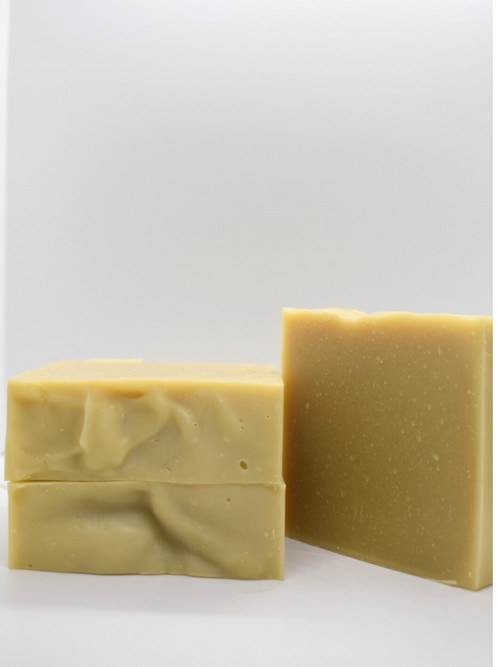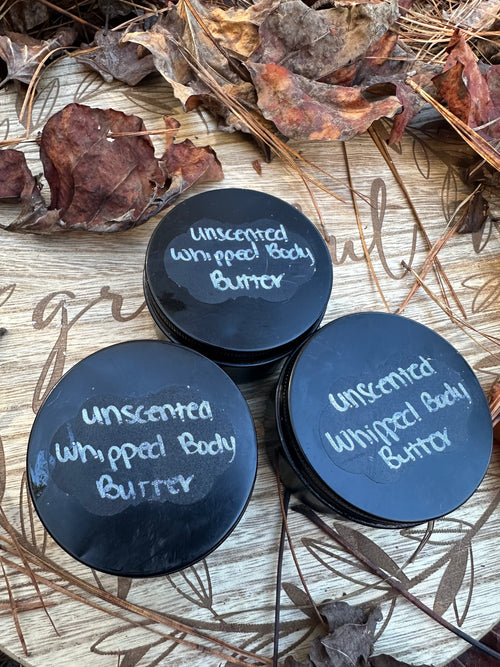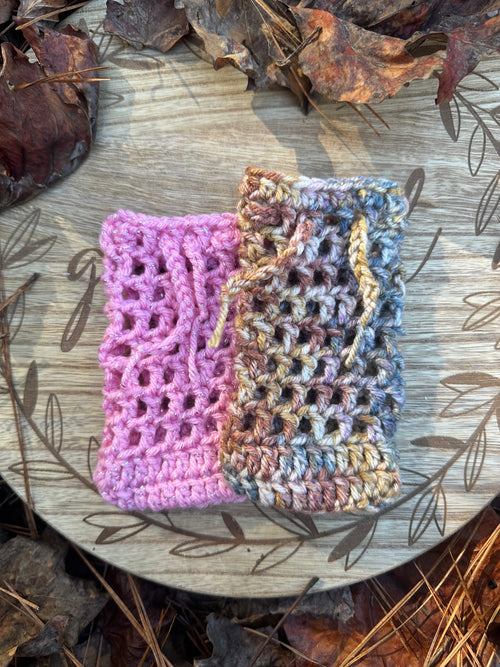That burning sensation after washing your face - it's not just irritation, it's a warning sign your immune system has been quietly tracking. Interesting, isn't it? We often blame our skin for being "too sensitive" when really, it's being brilliantly protective.
You know what's fascinating about soap allergies? Scientists still debate whether we're seeing more cases now or just getting better at identifying them. Some research suggests modern manufacturing processes might play a role. Though honestly, calling them all "allergies" oversimplifies what's happening. Sometimes it's not an allergy at all - it's your skin throwing up barriers against something it perceives as a threat.
Let me challenge something you've probably heard: that natural automatically means gentler. I've seen too many people rush to embrace pure essential oils in their soap, only to discover that natural can pack quite a punch. Nature isn't always subtle. Ask anyone who's ever grabbed a stinging nettle.
Hidden Conversations with Your Skin
Your skin actually maintains a complex dialogue with your environment. Commercial soaps often interrupt this conversation, like someone barging into a quiet room shouting. Natural soaps can work differently - when they're properly formulated. Notice I said "can." Not all of them do. Some natural soap makers get so excited about including every beneficial ingredient that they overwhelm sensitive skin with too many botanical extracts.
Speaking of overwrought formulations, I need to share something that might raise some eyebrows: Sometimes the simplest natural soap isn't your best choice. I know, I know - everyone says to choose products with fewer ingredients. But here's the thing: sensitive skin occasionally needs specific additional ingredients for protection. It's like building a house. Sometimes you need more than just walls and a roof to feel secure.
The Science Nobody Talks About
Here's something unexpected - your skin's relationship with soap changes throughout the day. Morning showers hit differently than evening washes. Your skin barrier functions on a circadian rhythm, which might explain why that soap that feels fine in the morning leaves you itchy at night. Research is still emerging on this, and we're learning new things all the time.
Remember how our grandmothers insisted on letting bar soap cure for ages before using it? Turns out they were onto something. Fresh natural soap can be more alkaline, potentially disrupting your skin's acid mantle. The curing process allows the pH to normalize. Though weirdly enough, some skin types actually prefer slightly fresher soap. Bodies are wonderfully complex that way.
I've watched the natural soap industry evolve over the years, and something troubles me. The push for "perfect" natural soap - you know, the kind with an immaculate ingredient list and beautiful packaging - might be missing the point. Your skin doesn't care about pretty packaging or marketing claims. It responds to chemistry, to molecular structures, to how ingredients interact with your unique biology.
Let's talk about what happens when you switch to natural soap, because it's not always smooth sailing. Your skin might actually feel worse before it feels better. This isn't necessarily a bad sign, though it sends many people running back to their old products. Think of it like changing your diet - there's often an adjustment period while your body recalibrates.
The most surprising thing I've learned about natural soaps and allergies? Success often has less to do with the soap itself and more to do with how you use it. Water temperature, application method, even the type of towel you use to dry off - these seemingly minor details can make or break your skin's response to even the gentlest natural soap.
The Deeper Mysteries
Temperature matters more than most realize. Not just water temperature - though that's crucial - but the temperature of your skin when you wash. Ever notice how your skin reacts differently to the same soap after a workout? Your pores dilate, absorption changes. Some dermatologists suggest this might explain why people experience varying reactions to the same natural soap throughout the day.
And here's a controversial thought: maybe we're washing too hard. The squeaky-clean feeling we've been conditioned to expect? It's actually a sign we've stripped away protective oils. Natural soaps usually don't create that sensation, which makes some people think they're not working. They are. They're just not disrupting your skin's natural processes.
Sometimes the Problem Isn't the Soap
I've seen women blame natural soap for reactions that were actually caused by their water. Hard water can react with natural soap differently than with commercial detergent bars. The minerals can affect lather, yes, but they can also change how the soap interacts with your skin barrier. Some people install water filters and suddenly find their "soap sensitivity" disappears.
The Marketing Nobody Questions
The natural soap industry has its own myths to answer for. That green color doesn't necessarily mean the soap contains beneficial herbs - it might be mineral pigment. And "hypoallergenic"? That term isn't regulated. A soap can be natural, handmade, and still cause reactions in sensitive individuals. Trust your skin's response over labels.
Watch Your Timing
Skin has memory. It keeps track of accumulated exposures, which explains why you might suddenly react to something you've used safely for months. This isn't the soap "going bad" - it's your skin reaching its threshold for certain ingredients. Taking breaks from even your favorite natural soap might help prevent this sensitivity buildup.
Beyond the Basics
Here's something counterintuitive: the most expensive natural soap isn't necessarily the best for allergies. I've seen luxury bars loaded with potential irritants while simpler, cheaper options provide remarkable relief. The price often reflects rare ingredients or complex processes that don't actually benefit sensitive skin.
Learning Your Skin's Language
Pay attention to how your skin feels immediately after washing. Then check again an hour later. And before bed. This timeline tells you more about compatibility than any ingredient list could. Some people discover their skin loves a particular soap but only in certain seasons. Bodies are wonderfully weird that way.
The Future of Clean
We're starting to understand that "clean" doesn't mean what we thought it did. Research into the skin microbiome suggests that gentle cleansing with natural soap might help support beneficial bacteria that protect against allergens. Though scientists are still debating exactly how this works.
Making Peace with Imperfection
The hunt for the perfect natural soap can become its own source of stress. Sometimes good enough is... enough. Your skin might be happier with a simple soap that's mostly right than with an endless parade of new products in search of perfection. There's security in accepting that imperfect solutions can still provide real benefits.
A Final Thought
Natural soap isn't a miracle cure for allergies. But it might be something equally valuable: a tool for understanding your skin better. Each reaction or success provides information about what your body needs. In learning to listen, you develop a more nuanced relationship with your skin. And sometimes, that understanding is the most powerful protection of all.


